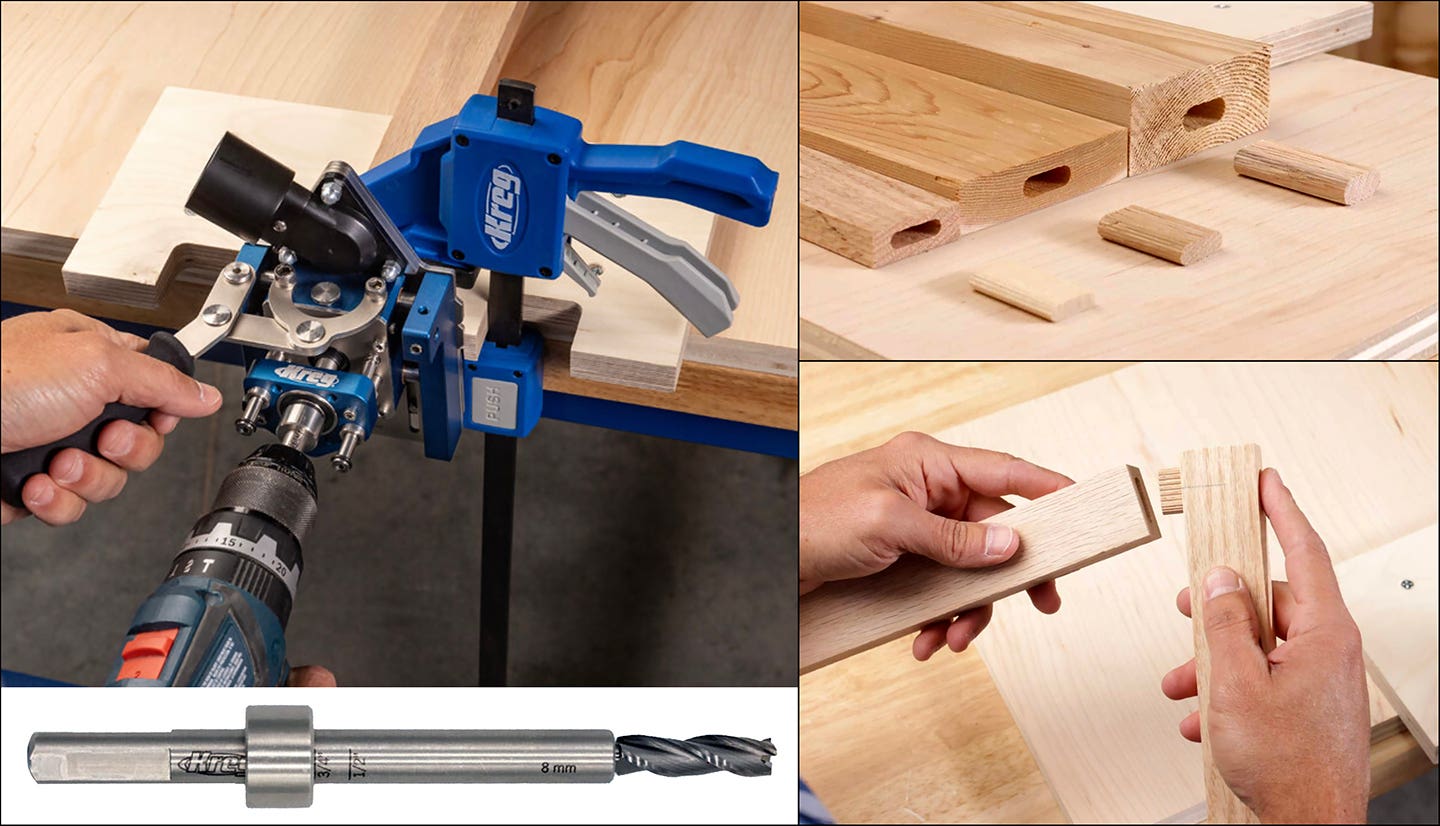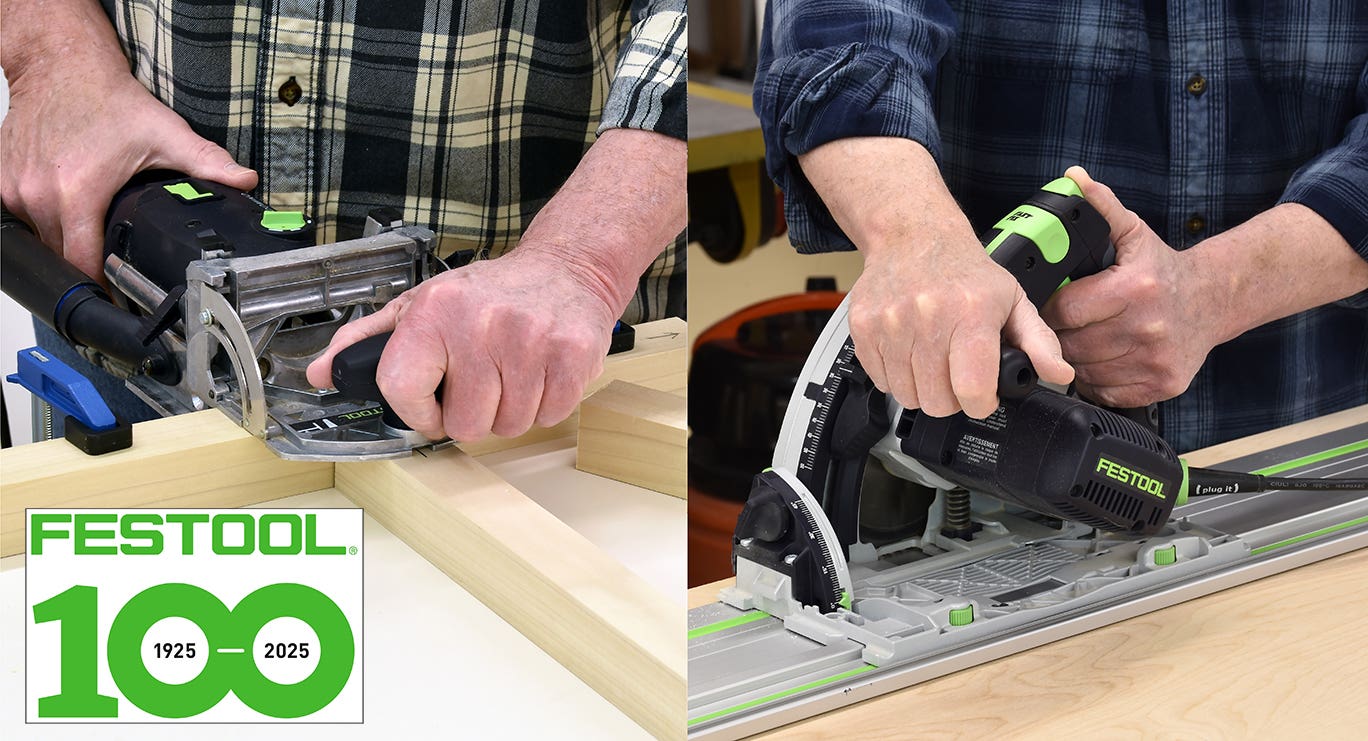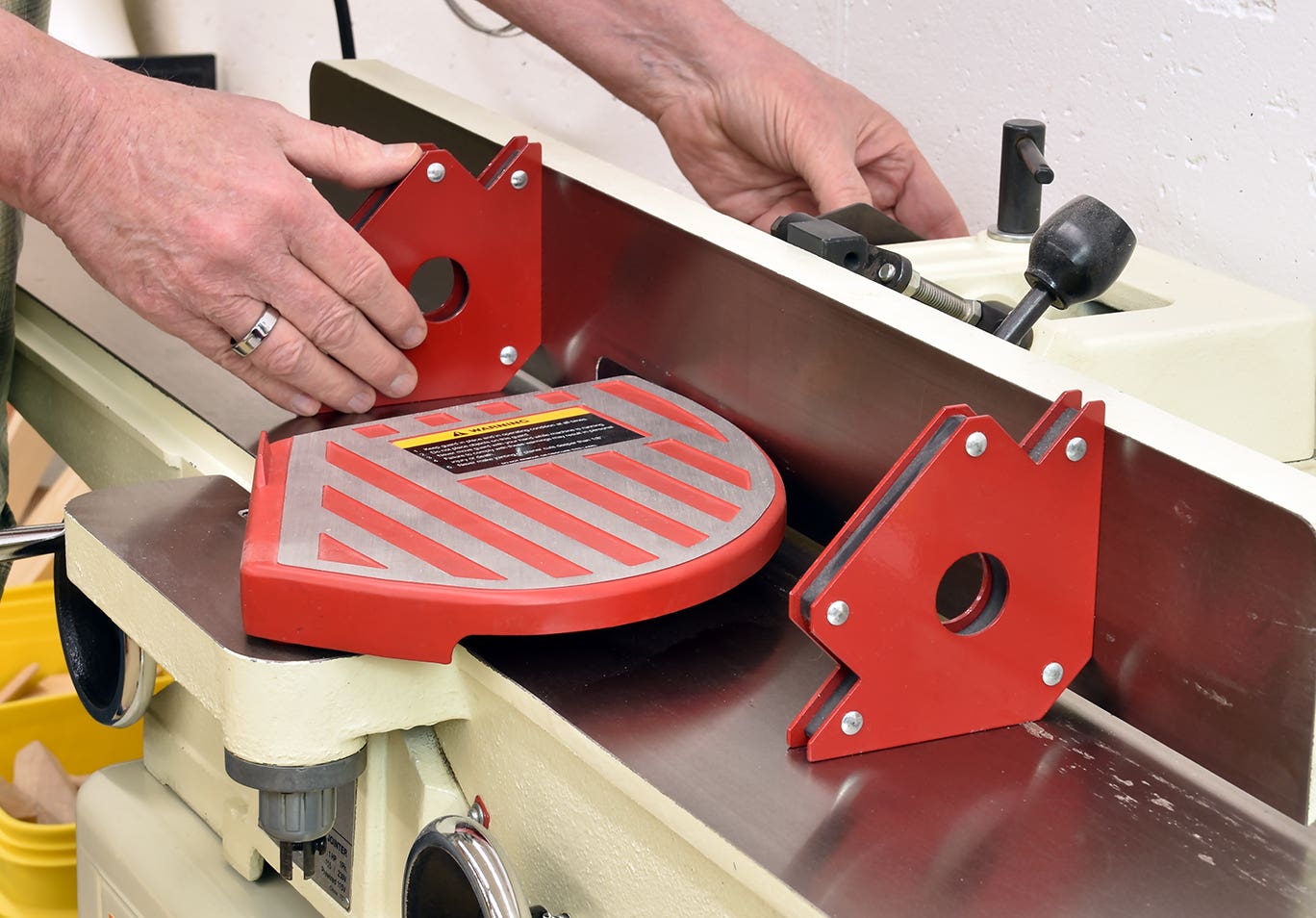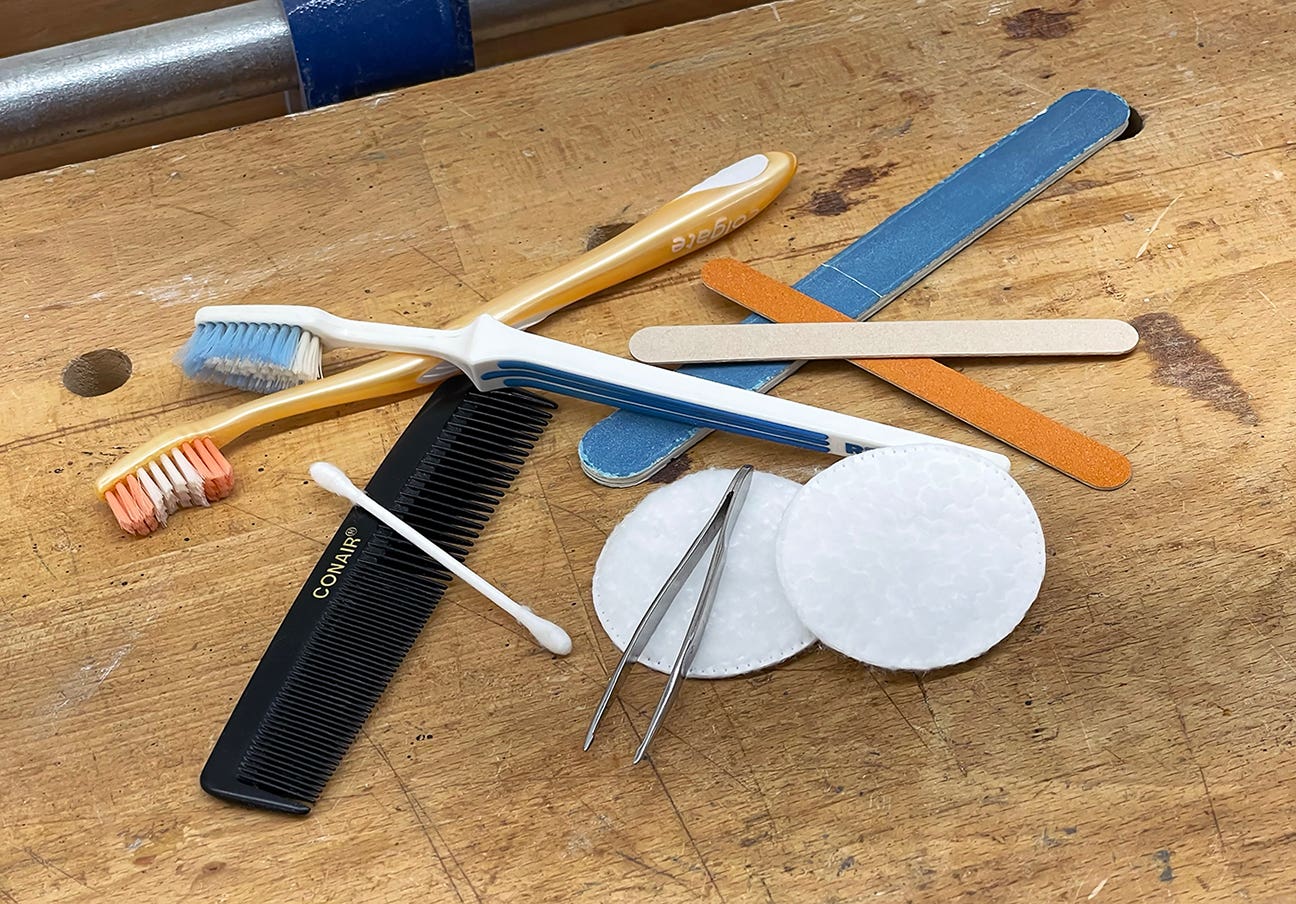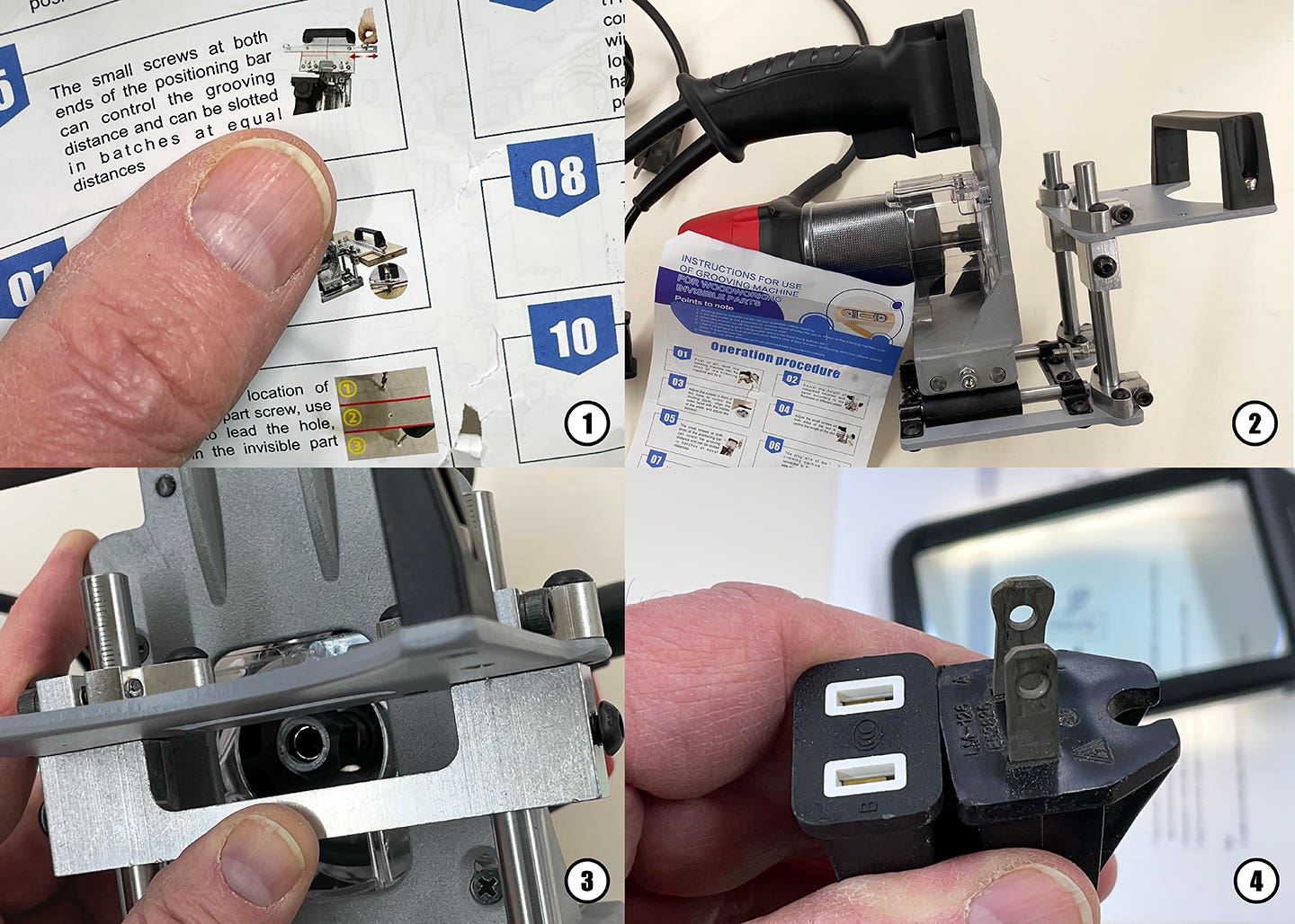Know who you are and sell the heck out of it
Years ago I worked on a 3,000-sq.-ft. remodeling project in a well-established waterside neighborhood of Seattle. Although it was a large project spanning a four-month period, it still only involved…
Years ago I worked on a 3,000-sq.-ft. remodeling project in a well-established waterside neighborhood of Seattle. Although it was a large project spanning a four-month period, it still only involved half the main level of a two-story home. Eight years prior, we completely rebuilt the lower level, turning it into a self-sustaining commercial-grade flat. Needless to say, the savvy homeowner knows what she likes and gets what she wants.
Managing a job like this is not rocket science, but it does require a keen sense of the trades involved, attention to detail and, most of all, a tenacity to stay on top of every task, every day. One of the things I have to guard against on multiphased projects like this is how far to extend my own company. Just because we can do certain things does not mean that we should.
Understanding the identity of what you provide and who you are will not only give confidence to your clientele, but your business will grow and you’ll sleep better at night not having to suffer through an identity crisis.
Enter the ‘window guy’
Included in the scope of work for the project was to replace several large custom wood windows situated on the second story. I’ve installed many windows through the years, but not all windows and situations are the same. Having a firm grip on the identity of our firm’s function led me to the decision this was a job much better suited to a specialist. And, taking it one step further, a specialist who not only makes it their business to install windows, but one who is familiar with the specific manufacturer’s process.
I talked to the local sales rep for the manufacturer and was given the name of a contractor who was certified through the manufacturer’s install program and came highly recommended. I set up a meeting with the contractor who was more interested in talking about his truck that got keyed by an angry customer than he was fine-tuning the specifics of a complex installation. Not feeling very confident in his ability, it wasn’t until he was getting ready to leave that I realized his company was suffering from an identity crisis.
In the back of his truck was a full kitchen’s worth of cabinet doors haphazardly arranged like they had been chucked in rather than stacked. With my curiosity piqued, I asked if he was taking a trip to the dump. My comment got him riled up as he went on for another 30 minutes about a dissatisfied customer who complained about the joints on the doors opening up. Because he was the “window guy,” I asked why that was his problem. He told me he was expanding the business into kitchen remodeling, bought a biscuit jointer and built the doors himself.
“Cabinet doors are nothing more than a few pieces of wood glued together. Why should I pay money to have someone else do it when I can easily do it myself,” he said. He wasn’t seeing the folly of his argument. Not only had he lost my confidence, he didn’t even know who he was. Like a drowning man grasping at anything to save himself, he was blaming others for the problem he had created.
A little know-how
There are basic guidelines we can follow to ensure we are made aware of when identity-crisis symptoms arise. We’ll never have complete control over life’s circumstances, but when those storms come we at least want to have a fighting chance against the rocks with a working rudder.
Know your boundaries: Focus on your strengths and what you enjoy doing. Being something you’re not is a recipe for disaster.
Know your product and process: A surefire way to kill an identity is to do and say things about something you know nothing about. Boasting about skills you do not possess is the same as building a house without a foundation. It not only leads to the demise of the building, but ultimately the self-confidence of the person making the claims. Two words are all you need to know when it comes to becoming an expert without an identity crisis: hard work.
Learn to be content, not complacent: We’ve all heard stories about the successful person who broke barriers imposed by others. Their story unfolds with the fruit of their success being a direct result of having pressed the envelope of what they were told they could and could not do. There is some definite truth behind this principle, providing you hold true to what your abilities are. Just because you work hard at something does not mean you’re guaranteed a certain result. Work hard, yes, but learn to be content in what your abilities are. Too many people lay everything on the table expecting a preconceived reward. This too can lead to an identity crisis by the self-esteem erosion that occurs when expectations do not materialize. Being content is very underrated. Learn its power and apply it to your life.
My theory is you should always focus on the whole man. Make choices that reap results in all facets of life. Generally speaking, those who have an identity crisis in work-related positions usually always suffer from similar crisis in their personal life. And those businesses that don’t have an identity crisis usually have owners without a personal crisis as well. It’s two sides to the same coin, so as you work on yourself, the natural outcome will reap rich rewards in your professional life as well.
David Getts is a certified kitchen designer and owner of David Getts Designer Builder Inc. in Seattle.
This article originally appeared in the June 2017 issue.


